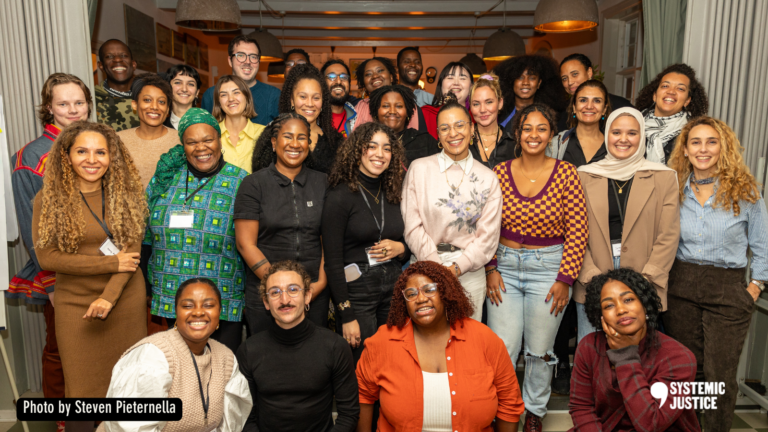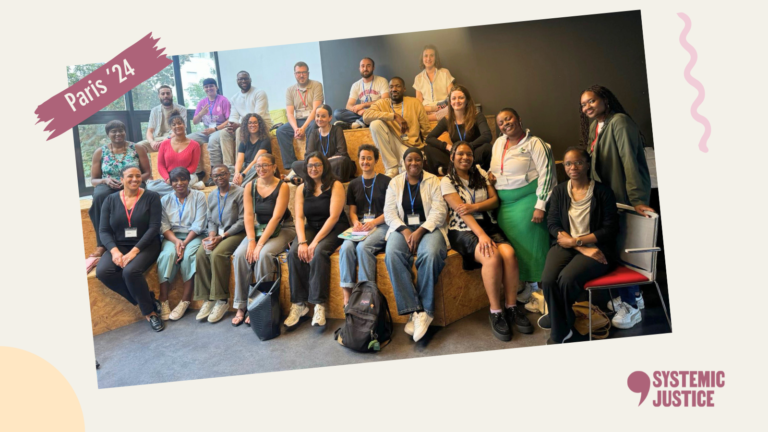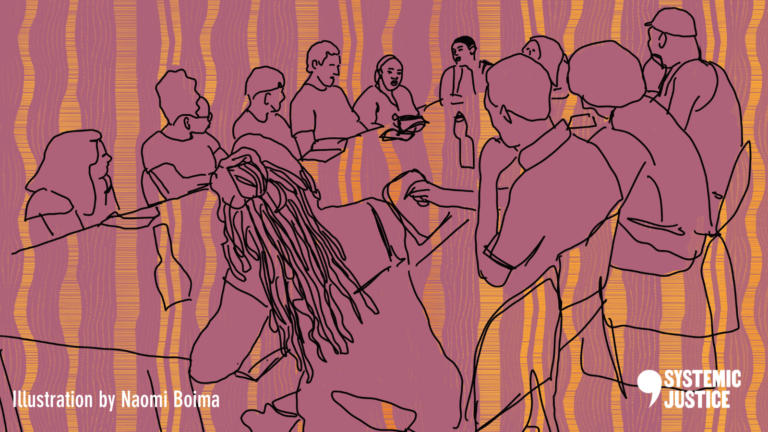
Reclaiming Climate Justice Summit: building our collective power as Black, Indigenous, and People of Colour climate justice activists
“Togetherness.” “Sunshine.” “Community care.” “That we are powerful.” These are some of the responses participants shared on what they were grateful for as they were



